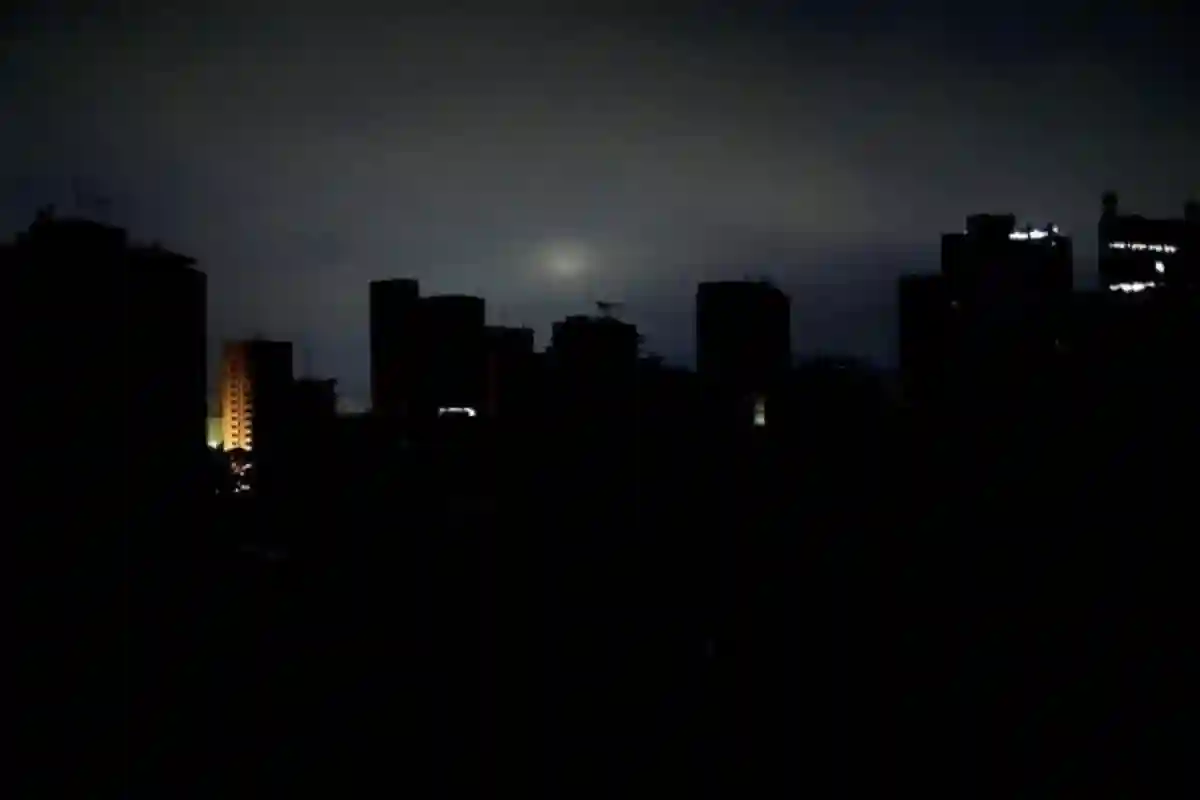The Standard Editorial has said the perennial electricity deficit that has been experienced in Zimbabwe resulted from poor planning and misplaced priorities.
Zimbabwe is failing to generate enough power and has been sourcing some electricity from neighbouring South Africa and Mozambique. Recently, there were plans to engage Zambia which declared a power surplus.
- Zimbabwe, South Africa To Import Electricity From Zambia This August
- Zambia Asks Zimbabwe To “Prepay” US$6.3m Monthly For 100MW Electricity
- SA ‘Putting Pressure’ On Zambia To Acquire Zimbabwe’s Electricity Contracts
This Sunday, the Standard editorial said the power crisis in Zimbabwe could have been avoided. Reads part of the editorial:
The electricity deficit that has been haunting Zimbabwe for many years points to a lack of proper planning by the government and misplaced priorities.
Zimbabwe has three coal-fired power stations in Harare, Munyati and Bulawayo that are operating at well below their capacity due to neglect over the years by the government.
Over the years, the government has also awarded to several licences to independent power producers (IPPs) to complement Zesa’s power generation, but very few have taken off and those that are producing electricity are struggling because of a tariff structure that does not make economic sense.
Zesa is forced to charge sub-economic tariffs most of the time because the government takes time to review the charges, which cannot keep up with movements on the exchange rate.
The Standard added that ZESA is also being crippled by debtors, including government departments, who owe it billions of dollars.

